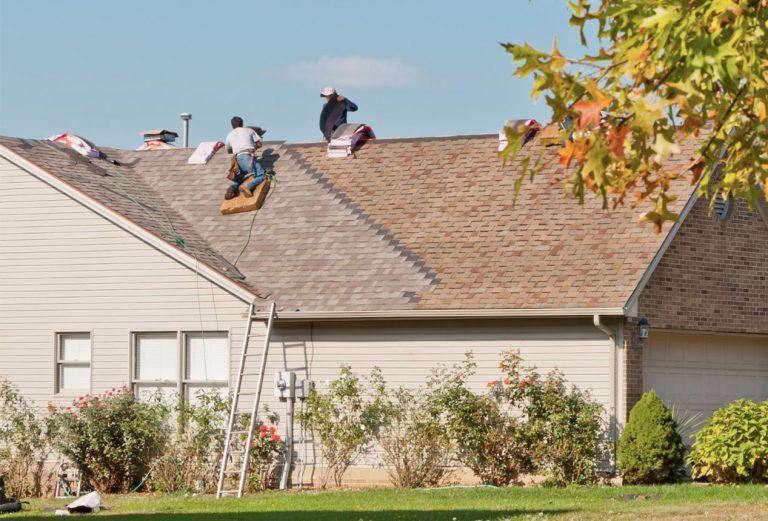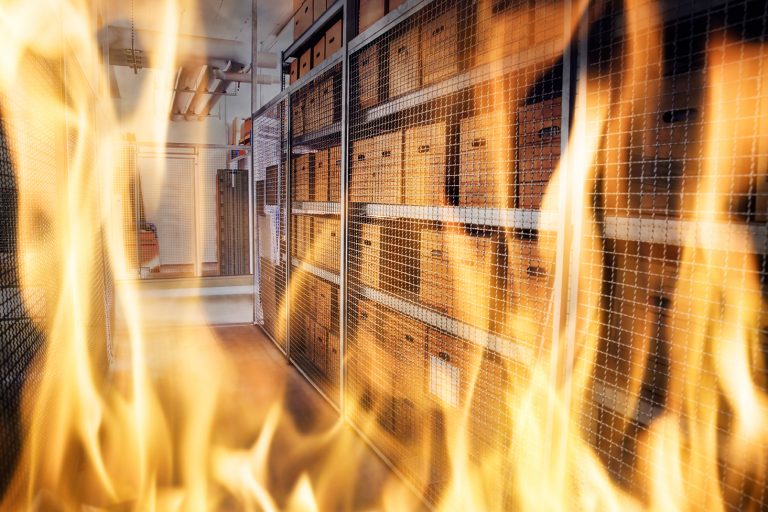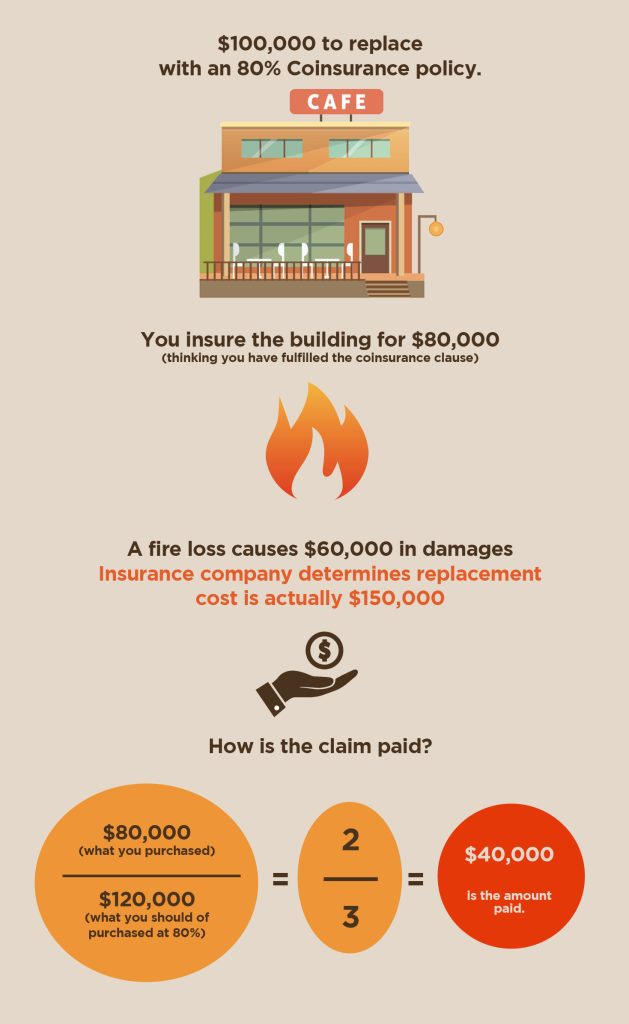In today’s digital age, cyber threats have become a growing concern for businesses and organizations. Among the most notorious forms of malware is ransomware, which can render an organization’s files and systems unusable. Such incidents have become increasingly prevalent and severe, impacting even critical infrastructure organizations and governments. In this blog post, we will delve deeper into the current state of ransomware attacks, the tactics used by malicious actors, and the costly consequences of these incidents.
Ransomware is a type of malware that is designed to encrypt files on a device, making them inaccessible to users. Typically, cybercriminals demand a ransom in exchange for the decryption key. However, even if the ransom is paid, there is no guarantee that the data will be restored to its former state. With the rise of digital payments, ransomware attacks have become a profitable business for cybercriminals, leading to an increasing number of incidents each year.
The impact of ransomware attacks can be devastating for businesses and organizations. Not only can they disrupt daily operations, but they can also result in the loss of critical data and damage to the organization’s reputation. In recent years, ransom demands have increased, with some attacks demanding more than a million dollars. That’s a significant amount of money for any organization to lose, not to mention the cost of downtime and recovery.
Cybercriminals have developed new tactics to optimize ransomware attacks. They exploit vulnerabilities in organizations’ security systems and use social engineering tactics to trick employees into downloading malware. For example, they use phishing emails that look like legitimate messages from a reputable source but contain links to malicious software. Once an unwitting employee clicks on the link, the malware infects the system and begins encrypting files.
In many cases, cybercriminals use ransomware attacks as a way to extort money from their victims. They threaten to release sensitive data or publicly shame the organization if the ransom is not paid. They may also delete system backups, making recovery nearly impossible. Some cybercriminals are even using double extortion tactics, where they not only demand money for decryption but also threaten to sell sensitive data on the dark web.
Ransomware attacks continue to pose a significant threat to businesses and organizations of all sizes. As these attacks become more frequent and sophisticated, it’s essential to take measures to protect against them. This includes implementing security measures such as firewalls, anti-virus software, and up-to-date patches to keep systems secure. Organizations must also provide cybersecurity training to employees and establish incident response plans to mitigate the impact of an attack.
The best defense against ransomware is to have a data backup strategy in place. This means that all critical data should be backed up regularly and stored offsite in a secure location. With the right backup solutions, you can quickly restore data and get back to business as usual. Ultimately, the key to protecting your organization from ransomware attacks is staying vigilant and proactive about security measures. By taking precautions, you can minimize the risk of a ransomware attack and keep your organization safe.
Call Mindi McKinley Insurance agents for information on coverage.















